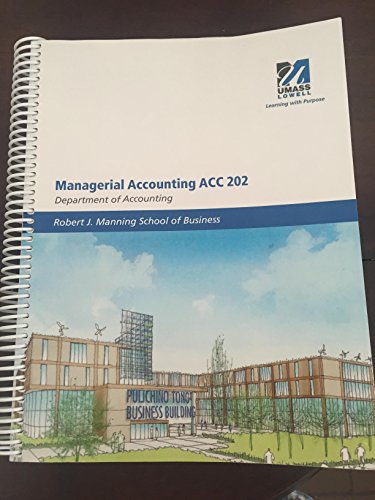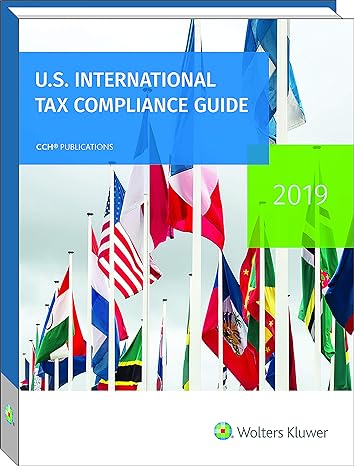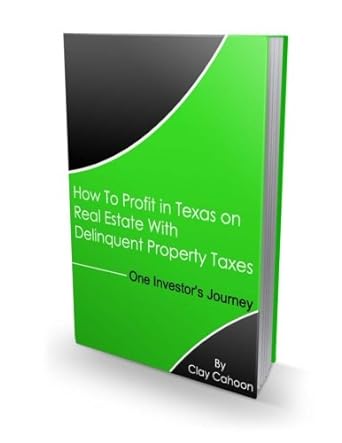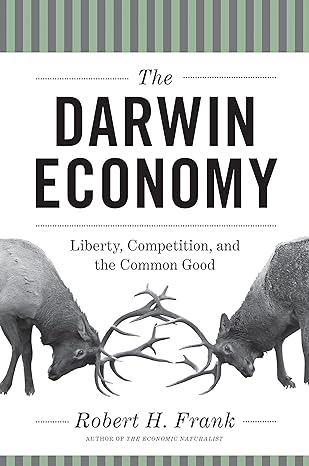Go back

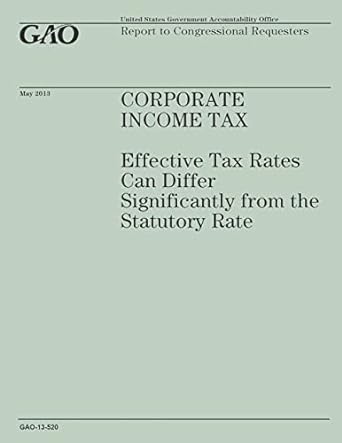
Corperative Income Tax Effective Tax Rates Can Differ Significantly From The Statory Rate(1st Edition)
Authors:
Government Accountability Office

Cover Type:Hardcover
Condition:Used
In Stock
Include with your book
Free shipping: May 07, 2024Popular items with books
Access to 3 Million+ solutions
Free ✝
Ask 10 Questions from expert
200,000+ Expert answers
✝ 7 days-trial
Total Price:
$0
List Price: $15.99
Savings: $15.99(100%)
Book details
ISBN: 150318465X, 978-1503184657
Book publisher: CreateSpace Independent Publishing Platform (December 31, 2014)
Get your hands on the best-selling book Corperative Income Tax Effective Tax Rates Can Differ Significantly From The Statory Rate 1st Edition for free. Feed your curiosity and let your imagination soar with the best stories coming out to you without hefty price tags. Browse SolutionInn to discover a treasure trove of fiction and non-fiction books where every page leads the reader to an undiscovered world. Start your literary adventure right away and also enjoy free shipping of these complimentary books to your door.
Corperative Income Tax Effective Tax Rates Can Differ Significantly From The Statory Rate 1st Edition Summary: The base of the federal corporate income tax includes net income from business operations (receipts, minus the costs of purchased goods, labor, interest, and other expenses). It also includes net income that corporations earn in the form of interest, dividends, rent, royalties, and realized capital gains. The statutory rate of tax on net corporate income ranges from 15 to 35 percent, depending on the amount of income earned. The United States taxes the worldwide income of domestic corporations, regardless of where the income is earned, with a foreign tax credit for certain taxes paid to other countries. The timing of the tax liability depends on several factors. For example, income earned not by the domestic corporation, but by a foreign subsidiary is generally not taxed until a distribution—such as a dividend—is made to the U.S. corporation.
Customers also bought these books
Frequently Bought Together
Top Reviews for Books
Abdulla buahmed
( 4 )
"Delivery was considerably fast, and the book I received was in a good condition."


